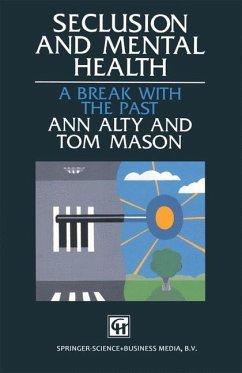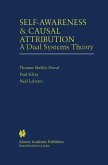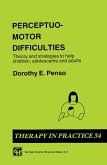Seclusion as a concept is poorly understood and this is reflected in the literature on the topic, particularly from nursing authors. This has led to an emotionally charged altercation rather than academic debate, both within the literature and at conferences. But why bother learning about seclusion at all, particularly as it is used less and less within mental health? We would point out to those sceptical about the value of this book that seclusion is not only of interest as an intervention per se, but is valuable in reflecting a shifting ethos within care. For some reason, seclusion has been neglected; we believe that one reason is that it impinges upon widely held myths and beliefs within psychiatric practice. Questioning about seclusion uncovers uncomfortable facts and assumptions concerning the values underpinning today's mental health care approaches. Such uncomfortable questioning is often avoided for safer research pursuits. Also, we hold that this book is necessary in examining issues pertaining to seclusion practice. There is a gap within nursing knowledge in so far as seclusion is concerned, as our chapter on education upholds. Yet inquiries and litigation have highlighted the fact that seclusion practice must be more clearly understood as an intervention. At present, such understanding is erratic and far from useful in providing a higher standard of care. Practitioners need to make informed decisions regarding seclu sion, and this book aims to provide the necessary information on which to base these decisions.
Bitte wählen Sie Ihr Anliegen aus.
Rechnungen
Retourenschein anfordern
Bestellstatus
Storno









